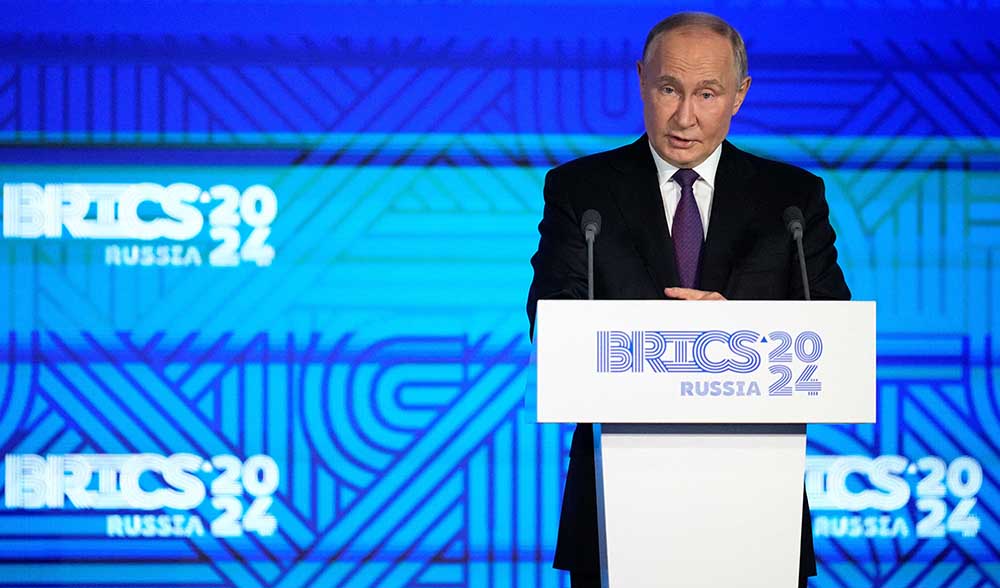MOSCOW - The BRICS group will generate most of the global economic growth in the coming years thanks to its size and relatively fast growth compared with that of developed Western nations, Russian Pre...
You are not authorized to read this page without a username and password. It is time to register and subscribe to have unlimited access to everything The Chicago Inquirer has to offer. You can do a monthly, quarterly, six months or yearly subscription.
SUBSCRIBE NOW!!!
and enjoys unlimited access to news, analysis, archives, sports, culture, interviews, and many more.
Not a member? Subscribe or login below:



